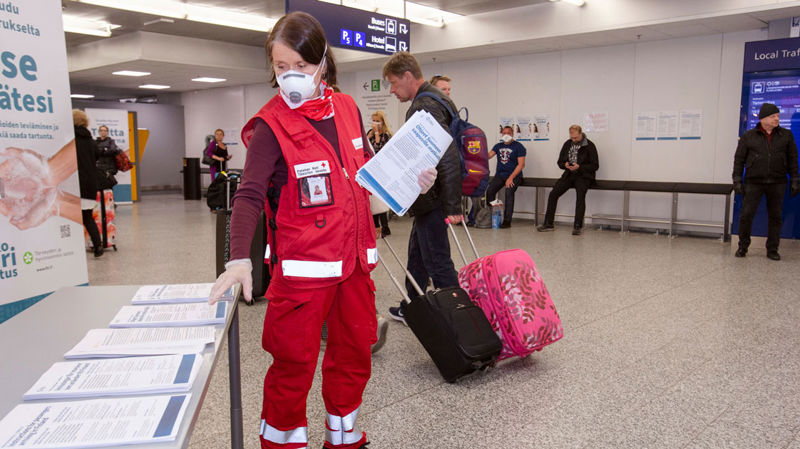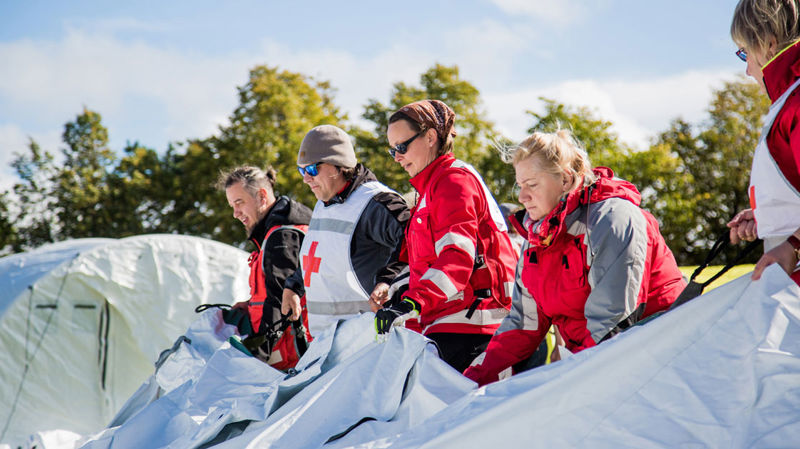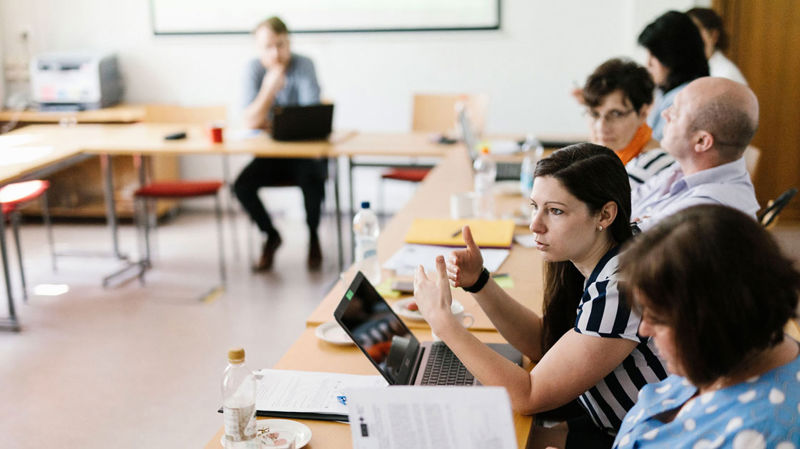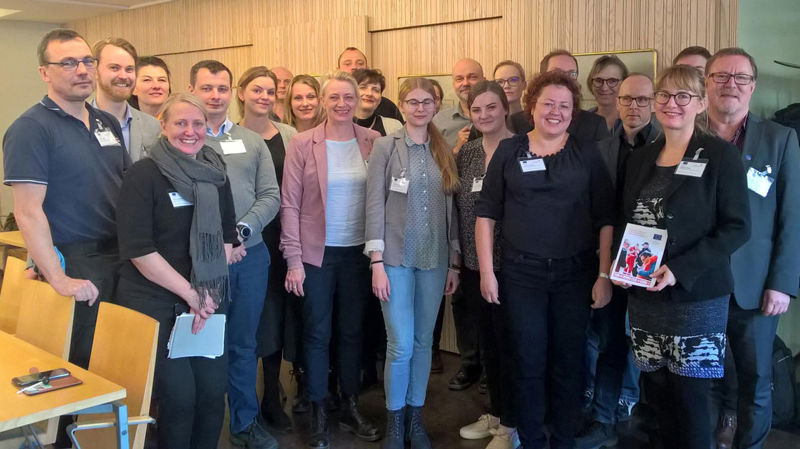Regional Disaster Response Team Training
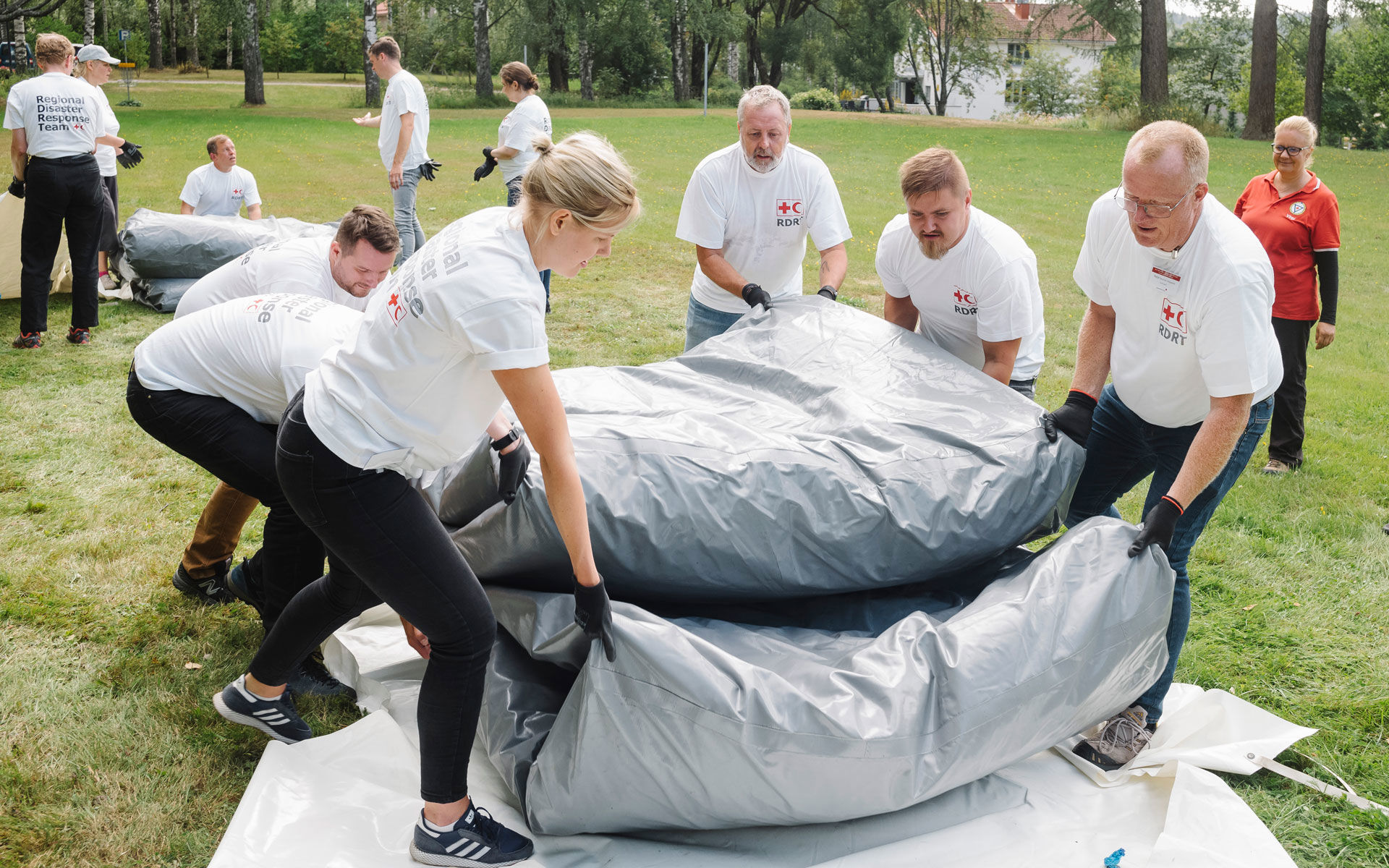
Altogether 22 participants from eight National Societies attended the RDRT training in August to learn about disaster response in the Baltic Sea region.
The Regional Disaster Response Teams (RDRT) was designed as IFRC´s globally standardised response tool that can be activated by IFRC after a request from any Red Cross National Society (RCNS) whose national resources and capacities are being stretched.
RDRT teams are composed of RCNS staff and volunteers, who assist National Societies in their region, often with the benefit of relevant language skills and a solid cultural and contextual understanding.
The region shares similar risks
This RDRT course was Baltic Sea Region (BSR) -specific. BSR covers a significant area of northern Europe and its EU member countries represent nearly a fifth of the EU population. Over the past few years, issues of preparedness have emerged strongly in the region.
The region shares common features and challenges, including similar risks of emergencies and crisis that can have national but also regional implications. An example of such regional disaster was the sinking of the passenger ferry MS Estonia in 1994.
The RDRT training had 22 participants from all seven National Societies that are Consortium partners to the BALTPREP project: Finnish Red Cross (RC), Danish RC, Estonian RC, German RC, Latvian RC, Lithuanian RC and Polish RC.
In addition, two members from the Swedish Red Cross participated in the training. RDRT training course took place in Finland on 4-11 August 2019 at the Finnish Red Cross Training centre Nynäs in Heinola. The next Baltic Sea Region RDRT course will be organized in Latvia in autumn 2020.
This article was originally published on August 22, 2019.
